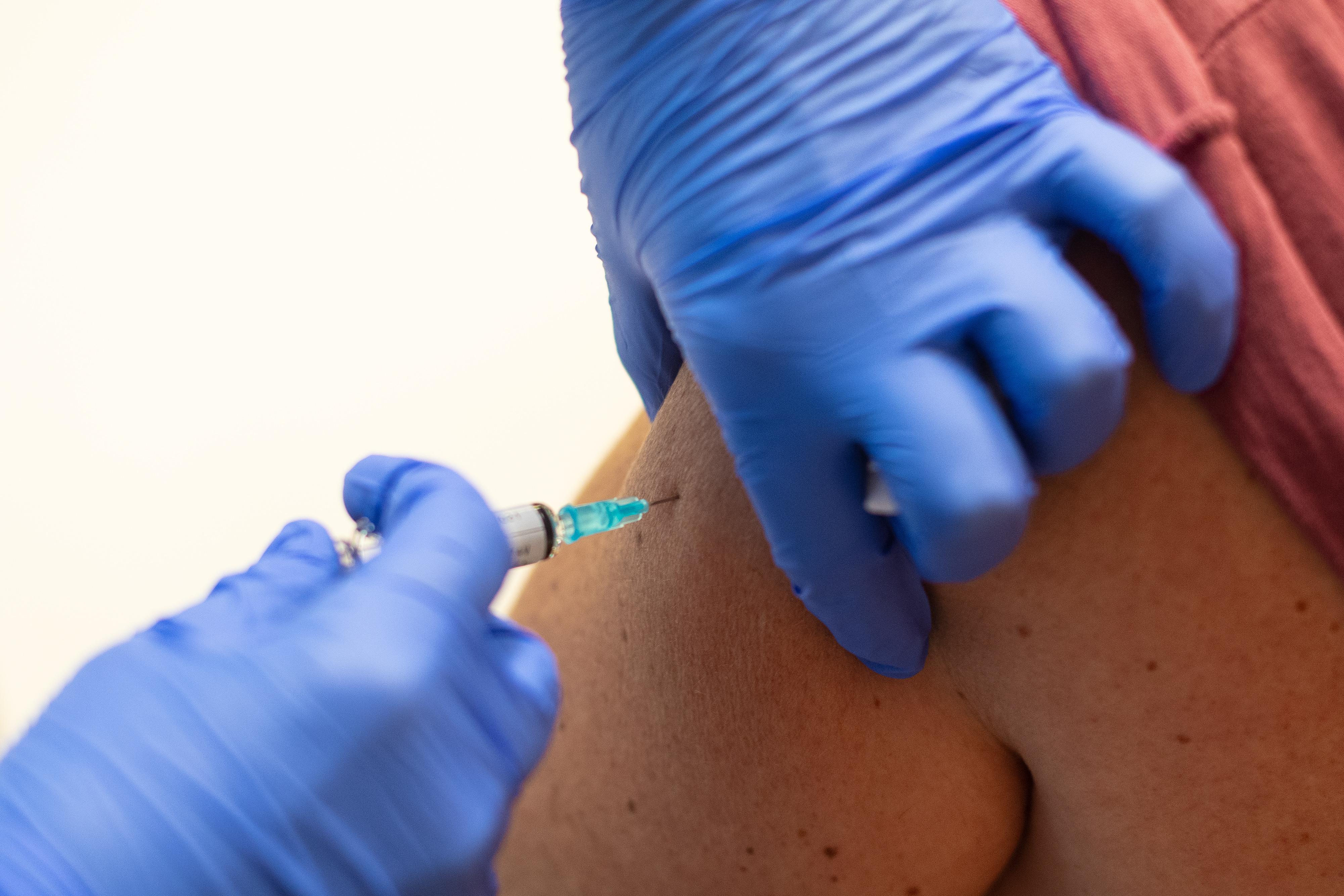medical research
The bizarre discovery could pave the way for advances in regenerative medicine for humans.
Research reveals a new evolutionary feature that separates humans from other primates.
Millions of doses of Johnson & Johnson’s COVID-19 vaccine could be distributed as early as this week.
Trained dogs can detect cancer and other diseases by smell. Could a device do the same?
After 20 months, scientists find lab-dish brain cells matured at a similar rate to those of an actual infant.
Scientists are using bioelectronic medicine to treat inflammatory diseases, an approach that capitalizes on the ancient “hardwiring” of the nervous system.
A large new study puts caffeine-drinking moms on alert.
For the first time, it was discovered that nonphotosynthetic bacteria have a circadian clock.
In the future, you might voluntarily share your social media data with your psychiatrist to inform a more accurate diagnosis.
Clinical trials at the Feinstein Institutes for Medical Research focus on stabilizing cognitive loss and alleviating the psychotic symptoms that change our loved ones.
The Defense Advanced Research Projects Agency (DARPA) recently issued $8 million in follow-up funding to a team of neuroengineers developing brain-to-brain and brain-to-machine technology.
Researchers find a way to distort laser light to survive a trip through disordered obstacles.
Could we have predicted COVID-19 through social media trends?
Scientists regenerate damaged spinal cord nerve fibers with designer protein, helping paralyzed mice walk again.
A new study on mice showed that ginger may counter certain autoimmune disorders such as lupus and antiphospholipid syndrome.
University of Tokyo scientists observe predicted quantum biochemical effects on cells.
Previous research suggesting it’s all about prolactin may be missing the mark.
Porcine gene edits may allow such transplants without rejection.
A new study suggests that maintaining gut health to avoid diabetes may be little simpler than previously believed.
A new antibiotic hits germs with a two pronged attack.
Jonathan Berman wants us to have better dialogues.
A new observational study finds that red wine and cheese have protective effects.
There is a lot we don’t know about psychedelics, but what we do know makes them extremely important.
▸
20 min
—
with
A new study explores the therapeutic potential of the psychedelic drug ibogaine, which has been used in Africa for centuries.
Research shows that sparrows and other animals use plants to heal themselves.
The vaccine just passed its first clinical trials, but it has a long way to go.
There is a neurological link between serotonin levels and the brain’s ability to control impulses and patience levels.
Britons could start receiving the vaccine within days.
The Google-owned company developed a system that can reliably predict the 3D shapes of proteins.





























